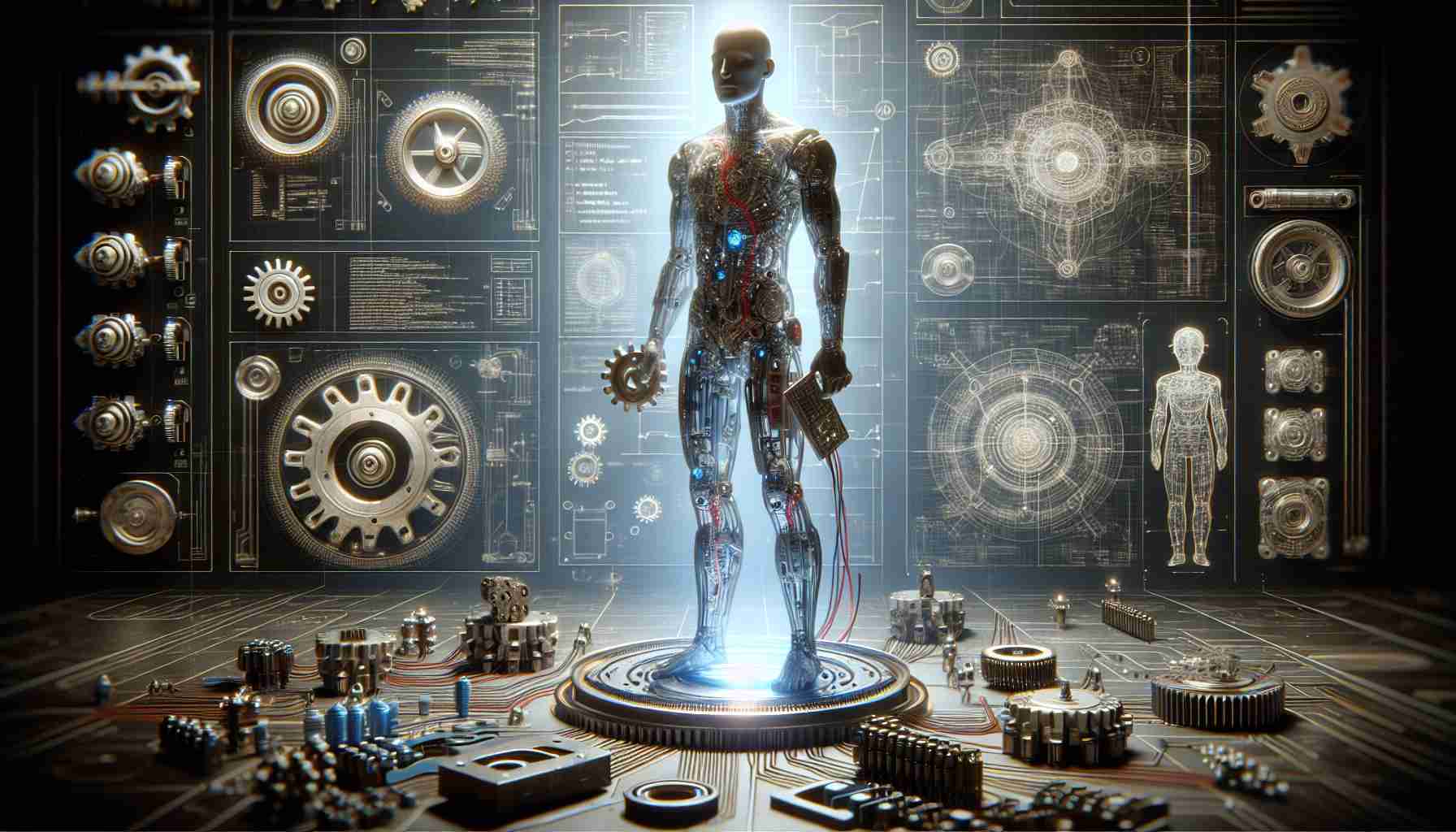When we think about robotics, images of futuristic machines and intelligent androids often come to mind. But who is truly responsible for creating the foundation of this fascinating field? Delving into the origins of robotics reveals a tapestry of innovation and creativity spanning centuries.
The roots of robotics can be traced back to ancient times when Greek engineer and mathematician, Archytas of Tarentum (circa 350 BC), crafted a mechanical dove propelled by steam—the first-known automaton. His ingenuity laid the groundwork for later thinkers. Fast forward to the Renaissance, and we encounter Leonardo da Vinci, whose sketches of a mechanized knight in 1495 illustrated not only his artistic prowess but also his visionary talent in engineering artificial life.
The modern concept of robotics, however, began to crystallize in the 20th century with the contributions of George Devol and Joseph Engelberger. Devol invented the first programmable robot, the Unimate, in the early 1950s. Engelberger, often dubbed the “Father of Robotics,” adapted this creation for industrial applications, giving birth to the robotics industry as we know it today.
Moreover, the term “robotics” was coined by science fiction writer Isaac Asimov in the 1940s. Asimov, through his literary works, popularized the idea of robots with his famous “Three Laws of Robotics,” influencing both academic and popular perceptions of the field.
In conclusion, the invention of robotics is not attributed to a single individual but rather a series of innovative minds. Each, through their unique contributions, built the path that has allowed robotics to become an integral part of modern technology.
The Untold Impacts of Robotics: Beyond the Pioneers
While the origins of robotics are undeniably fascinating, the impact of this burgeoning field on societies and communities around the globe is equally significant. Robotics has not only revolutionized industrial manufacturing but has also begun to reshape everyday life in numerous ways.
Healthcare Revolution: With the advent of surgical robots like the da Vinci Surgical System, which allows for minimally invasive procedures, patient recovery times and surgical precision have improved drastically. The role of robotics in healthcare extends beyond surgery, assisting in rehabilitation therapy and even providing companionship through social robots.
Workforce Dynamics: Automation in industries has sparked a debate over job displacement versus job creation. While robots take on repetitive and hazardous tasks, they also demand new skills from the workforce, creating opportunities in robot maintenance and programming. This transformation compels educational institutions to adapt curricula to prepare future professionals adequately.
Ethical Dilemmas: As robots become more integrated into day-to-day activities, ethical questions arise. How should responsibility be assigned in case of a malfunction resulting in harm? Discussions around the ethics of artificial intelligence and robotics are essential as technology advances, demanding ongoing dialogue among policymakers, ethicists, and technologists.
The evolution of robotics also spurs controversies about privacy and data security, as robotic devices equipped with sensors collect vast amounts of personal data. This aspect necessitates stringent regulations to safeguard against misuse.
For more insights into the expansive world of robotics, check out Robotics Industries Association, a premier platform for robotics information, news, and developments. As you explore, consider how these innovative technologies influence your life and community and what future innovations promise.








